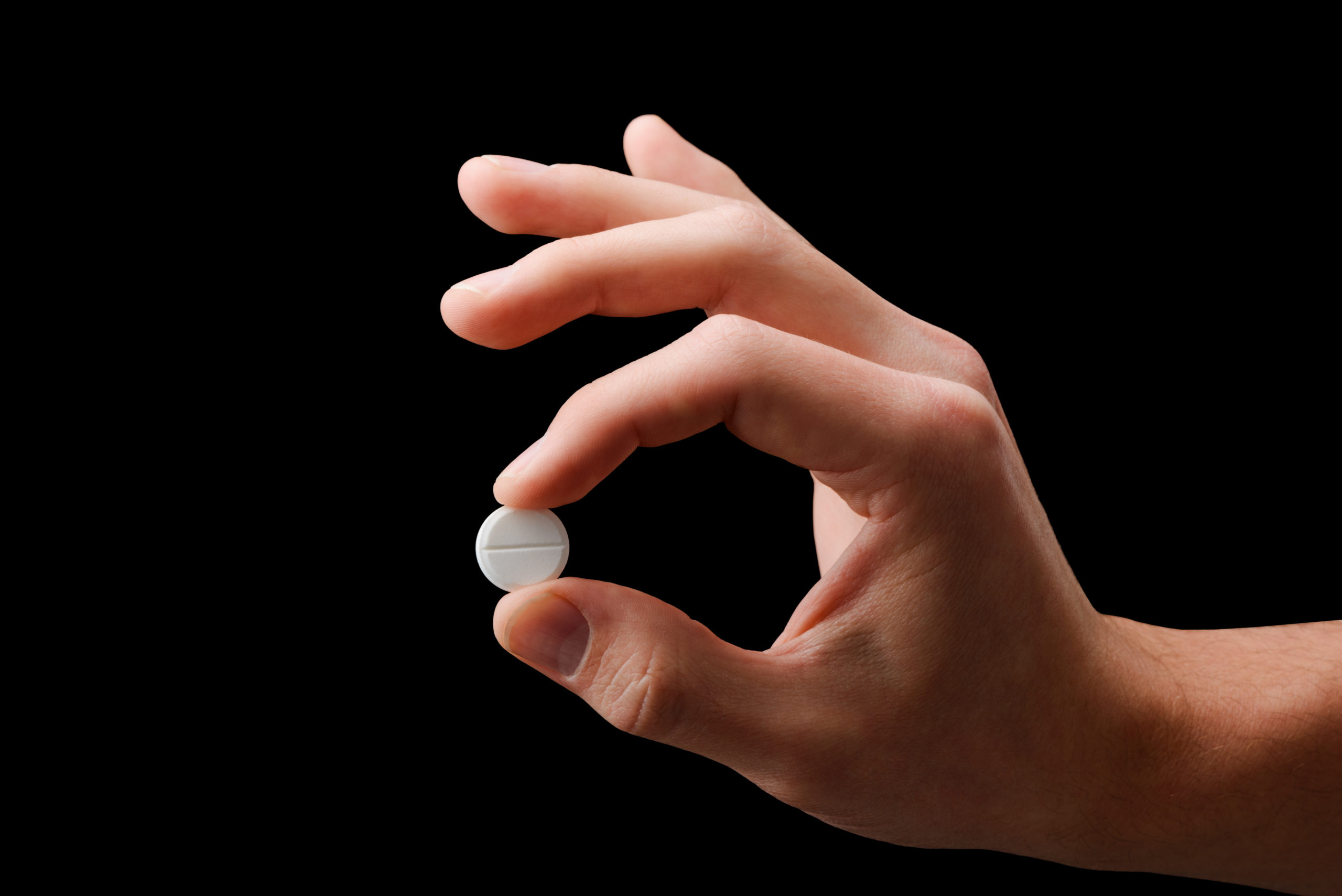Connect with us
Published
3 years agoon

Mind Cure Health Inc., a leader in advanced proprietary technology and research in psychedelics, has introduced its “Desire Project,” a clinical research program focused on the treatment of female hypoactive sexual disorder with MDMA- assisted psychotherapy.
The compound, also known by the street names of ecstasy or molly, offers a plethora of possibilities in the treatment of neurological and psychological disorders.
As part of Mind Cure’s research and development, this research program will mark the first psychedelic-based treatment program targeted at addressing what is clinically known as Hypoactive Sexual Desire Disorder (HSDD), a common sexual disorder characterized by persistent low sexual desire and emotional distress not attributable to an existing medical condition or relationship issue.
According to current estimates, HSDD affects 10 percent of adult women and 14 percent of premenopausal adult women, all reporting that their low desire results in a state of distress. In the U.S. alone, HSDD affects an estimated 9.5 million premenopausal women.
HSDD is also present in men.
“We know that sexual health contributes to overall wellbeing and that studies relating to HSDD suggest that female desire has deep roots in the mind,” Mind Cure President and CEO Kelsey Ramsden says. “Women’s desire issues have not been adequately addressed to date, and we believe that treatment incorporating MDMA and psychotherapy has real promise as it may target those roots of desire in the mind and unlock healing for women lacking desire. Mind Cure has identified a gap in the market, and I think that with the team we have built to execute this project, we can help those seeking improved desire in a new way.”
In clinical trials, MDMA therapy has shown success in helping people heal from Post-Traumatic Stress Disorder (PTSD) by working on brain pathways related to fear; it can enhance fear memory extinction, modulate fear memory reconsolidation, and bolster social behavior in animal models.
Mind Cure has spent six months designing its forthcoming clinical research program, much of it spent in looking at how MDMA may ease some of these fear factors for women, which play a large role in causing female-related sexual disorders that are not treated by current medications on the market.
“I’m very excited to lead our team and launch a clinical study for the treatment of female Hypoactive Sexual Desire Disorder,” Mind Cure Chief Medical Officer Dr. Joel Raskin says. “During my decades as a psychiatrist, clinician, and researcher, I’ve seen first-hand the limitations of existing treatments. This is an exciting opportunity to find a potentially more effective and better tolerated treatment for women affected by this disorder.”
According to Ramsden, this is the first time that a drug has been directed at a woman’s mind for desire. There are currently two available drugs in the market targeting this indication, both of which are aimed at women’s physiology instead of addressing the psychological causes behind the condition. Their success rate goes only about 10 percent above placebo.
“There is good reason to believe that MDMA within a form of psychotherapy that is designed specifically to address sexual dysfunction could have a positive outcome,” she says in an interview with Benzinga.
Mind Cure’s “Desire Project” team is composed of some of the world’s leading researchers in female sexual desire research and psychedelics, including Dr. Jennifer Mitchell, the lead author of the recently published MAPS MDMA-assisted therapy for PTSD study, Dr. Anita Clayton, Professor and Chair of the Department of Psychiatry and Neurobehavioral Sciences at the University of Virginia, and Dr. Cindy Meston, director of the Female Sexual Psychophysiology Laboratory at the University of Texas in Austin, one of the few laboratories in the world devoted exclusively to the study of women’s sexual health.
After securing access to the drug for research purposes, the company will move towards filing for an investigational new drug meeting with the FDA—a necessary step before launching clinical trials.
“We’re talking about recognizing how desire works for women and utilizing some of the most powerful drugs that we know of to help people reconnect to self and others,” Ramsden says.


Study Reveals State Cannabis Legalization Lowers Immigrant Deportation


DEA Challenges Bid To Use Psilocybin Under ‘Right To Try’ Legislation


Vegans Rejoice as Farmers Switch from Chickens to Hemp


Louisiana Legislative Committee Unanimously Passes Adult-Use Cannabis Framework Bill


Louisiana House Bill to Regulate Hemp Products Advances Along With Senate Bill to Ban


Cresco Labs Workers Reportedly De-Unionize
